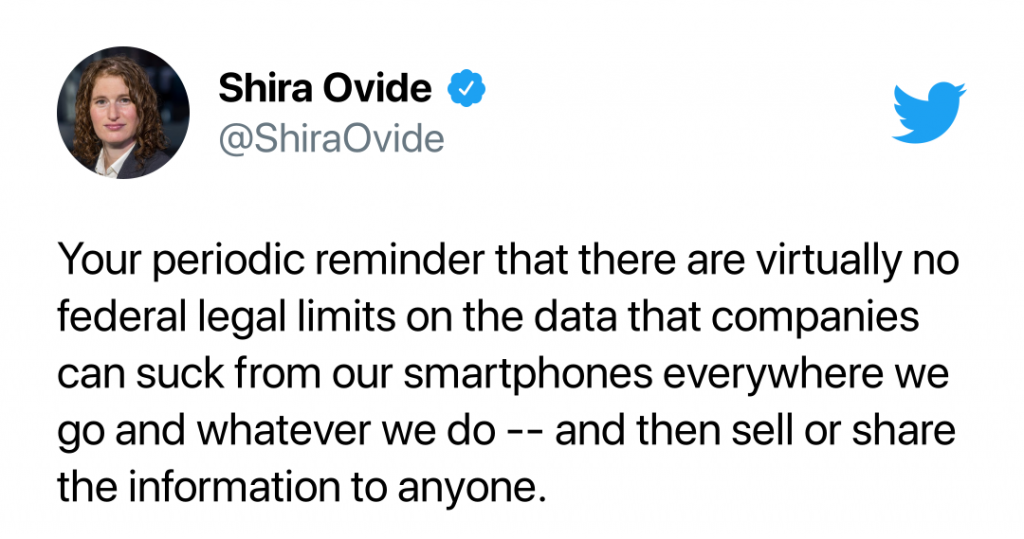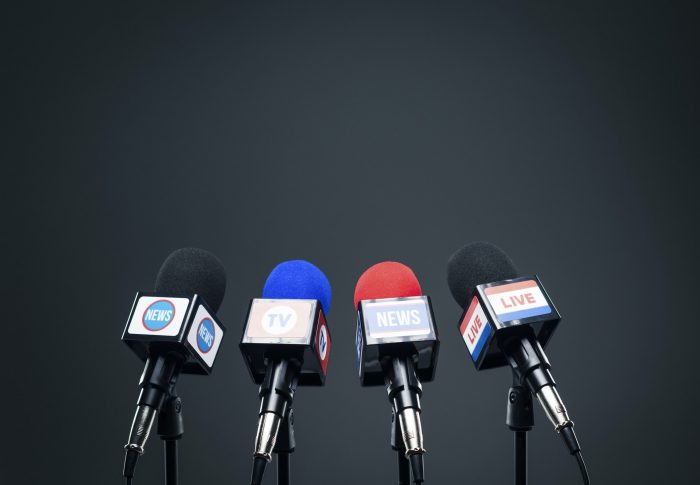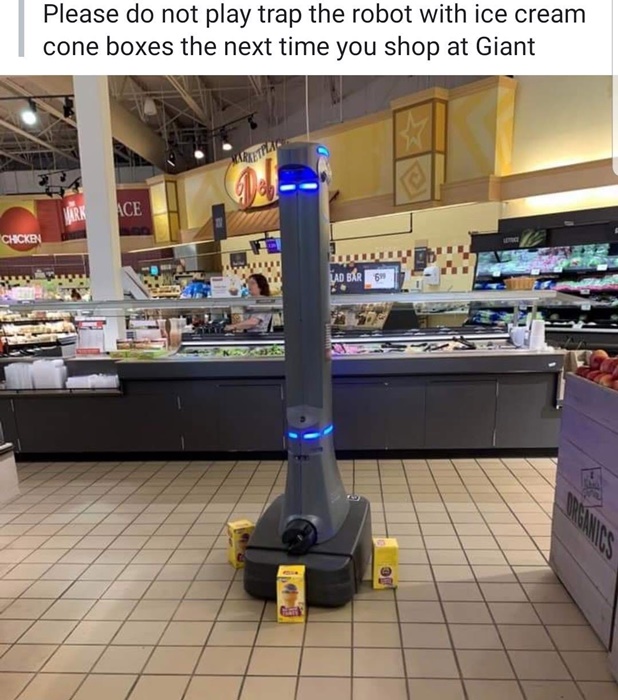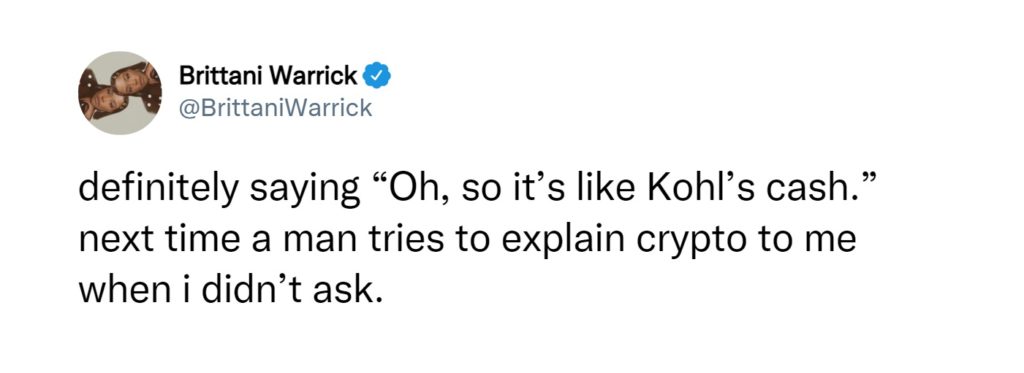1. Good Monday Morning
It’s November 15th. Austrians who have not received their COVID-19 vaccine entered a 10 day lockdown a few hours ago. There is also a partial lockdown in Holland, and the German government is considering at least a partial lockdown there.
Today’s Spotlight is 1,310 words — about a 5 minute read.
2. News To Know Now
Quoted:” People with disabilities deserve equal access to all areas of community life, including the private transportation services provided by companies like Uber.”— Assistant Attorney General Kristen Clark after the Department of Justice filed suit against Uber. DOJ says that the company’s practice of charging waiting time for passengers with disabilities violates the Americans with Disabilities Act.
a) Elon Musk asked his Twitter followers to vote on whether he should sell 10% of his Tesla stock. The world’s wealthiest man then sold nearly $7 billion worth of stock, but the financial press quickly pointed out that Musk had already filed an SEC document two months earlier with a plan to sell the stock last week. Musk’s net worth is estimated at $270 billion and has grown 10-fold in only two years.
b) Google lost an appeal of an EU antitrust case after a European court upheld a $2.8 billion penalty against the company. The penalty was assessed in 2017 after European regulators said that the company’s search results favored its own shopping results over rivals’. EU Competition Commissioner Margreth Vestager has overseen $10 billion in fines assessed to Google parent Alphabet.
c) Microsoft is getting a little meta. The company continued its partnership with Facebook parent Meta and said that its Microsoft Teams collaborative platform will integrate with Meta’s Workplace. Teams will also soon integrate with the Meta Portal camera. (The Verge)
3. Search Engine News — Google My Business Changes Names, Company Will Test “Index Now”
Google Business Profile is the new name for Google My Business. The program has been integrated into Maps and Search for years, and now Google says that it wants you to manage profile information from those programs instead of a separate interface. There are also new phone features that allow you to know which phone calls came from Google search visitors.
Google also will test a new search protocol called “Index Now” that rolled out last month from Microsoft and Yandex, according to Search Engine Journal. The protocol notifies a search engine that the content on a website page has changed and should be indexed. Most search engines proactively index all publicly accessible websites, but doing so only to pages that are flagged as updated can save a huge amount of global bandwidth and energy.
4. Spotlight Explainer — Facebook Political Ad Limits
Facebook announced that it will limit the way that an advertiser can target audiences that would see a political or social advocacy ad. The new restrictions begin on January 19, 2022.
A Facebook political ad posted after that will not be able to target keywords or affinities relating to “health, race or ethnicity, political affiliation, religion, or sexual orientation.” Here’s part of the example set Facebook used to demonstrate what will be blocked.
- Health causes (e.g., “Lung cancer awareness,” “World Diabetes Day,” “Chemotherapy”)
- Sexual orientation (e.g., “same-sex marriage” and “LGBT culture”)
- Religious practices and groups (e.g., “Catholic Church” and “Jewish holidays”)
- Political beliefs, social issues, causes, organizations, and figures
You don’t sound happy, George. What’s wrong with this?
There is a lot here that will hurt the advocacy groups that you care most about. Regardless of what side of the political spectrum you favor, your charities will have more difficulty finding its audience.
Here is one very simplistic example. Advertisers can’t target a Latino audience directly, but they can target fans of Univision and the 600 Spanish-language newspapers in the U.S. Then they can target people who are most like the people who responded. That’s only about a 2 on a 10 point scale of creative audience development.
Seems like they are trying to stop abuse.
They sure are, and that’s great, but a professional ad agency can target every one of those types of audiences that are shown in the example. We do this regularly for clients. For example, race and ethnicity related designations were halted last year, but it’s easy to develop an audience of Latinos in Louisiana or Sikhs in Chicago. It’s less efficient and therefore more costly for the charity.
So it’s window dressing?
Pretty much. It’s a hurdle that keeps nonprofessionals out of the market. Remember that Facebook political ads were previously cut off entirely. And Facebook has previously wrestled with its advertisers who ran employment or financial ads with age, gender, or race limitations so they very publicly removed for ads of that type. But professional advertisers already knew that it was illegal to advertise a job to people of specific ages or races.
But this will protect me and my friends from being targeted.
Not really. It’s like we say about computer security. You’re trying to make it difficult for someone to guess that your bank password is password123 and drain your life savings, but most of us wouldn’t be able to stop a true hacker who targets us specifically. That’s why people with cool jobs have restrictive IT departments.
Will I see fewer ads?
Nope. In fact, advertisers can upload a customer list and then ask Facebook to find as many as 20 million Americans most like the people on that list. What you’ll probably see are ads that aren’t as finely targeted, but you’ll still see just as many.
5. Did That Really Happen? — The Plane Tantrum Video is Fake
Despite more than 60 million views on different social media platforms, the video purportedly showing an airline passenger arguing with a flight attendant regarding a passenger’s vaccination status is a hoax. There are indeed plenty of videos showing people behaving horribly. The Public Freakout subreddit has many, but in this case, CNN’s expert fact checker Daniel Dale explains what makes the airline video fake.
6. Following Up — Rivian & Zillow
We told you in October about the filing that showed Amazon owned 20% of EV maker Rivian and that the company was seeking an $80 billion valuation during its IPO. Rivian bounced all the way to $86 billion. Amazon added more stock, bringing its stake to 22% while Ford increased its stake to 12%. Rivian’s market cap is now roughly the size of General Motors’ although the company remains unprofitable and with very little revenue.
We also told you last week about Zillow trying to flip houses via its Zestimate algorithm. What was originally a $300 million loss ballooned to $500 million as Zillow announced last week that it had sold 2,000 of more than 17,000 homes it had contracted for. The company laid off 25% of its staff and said that it expects to lose between 5% and 7% on each house it owns.
7. Protip — Instagram Secrets
Ready to recover deleted posts or stop people from adding you to groups on Instagram? Lifehacker has you covered with these 12 best Instagram settings.
8. Screening Room – No, You’re Crying
9. Science Fiction World — Drag Race In Air Cars
Technically they’re called Alauda Mk3 Speeders although these look more like drones than the speeder Luke flew around the Ewok home planet. Still these puppies topped 90 mph in a short sprint in the Australian desert.
10. Coffee Break — Pet Portraits Matched With Fine Art
Remember when the pandemic first hit and Google’s Culture app let you snap a selfie and matched you to the closest art found in more than 200 museums? They’ve done it again… this time for pictures of your pet. Get the details here.
11. Sign of the Times





